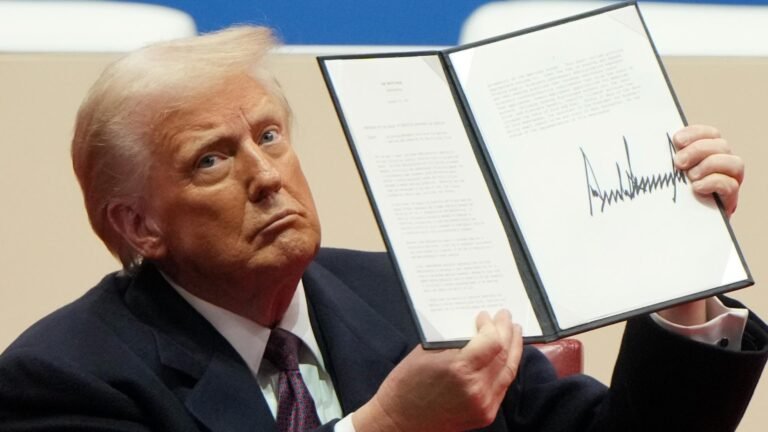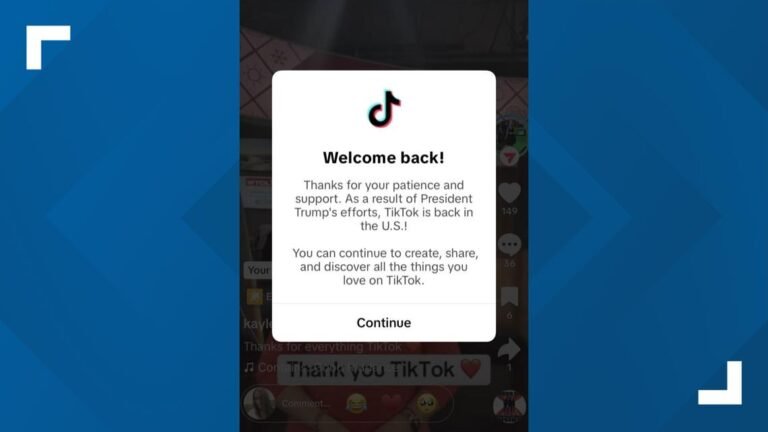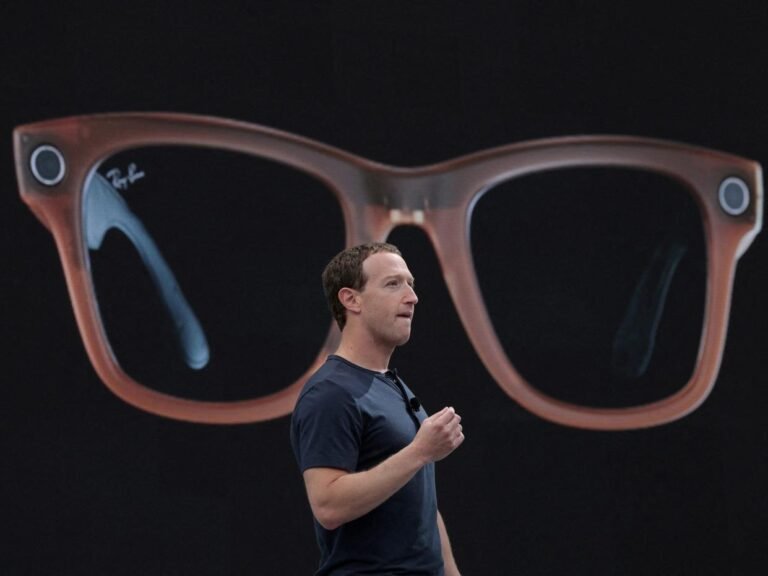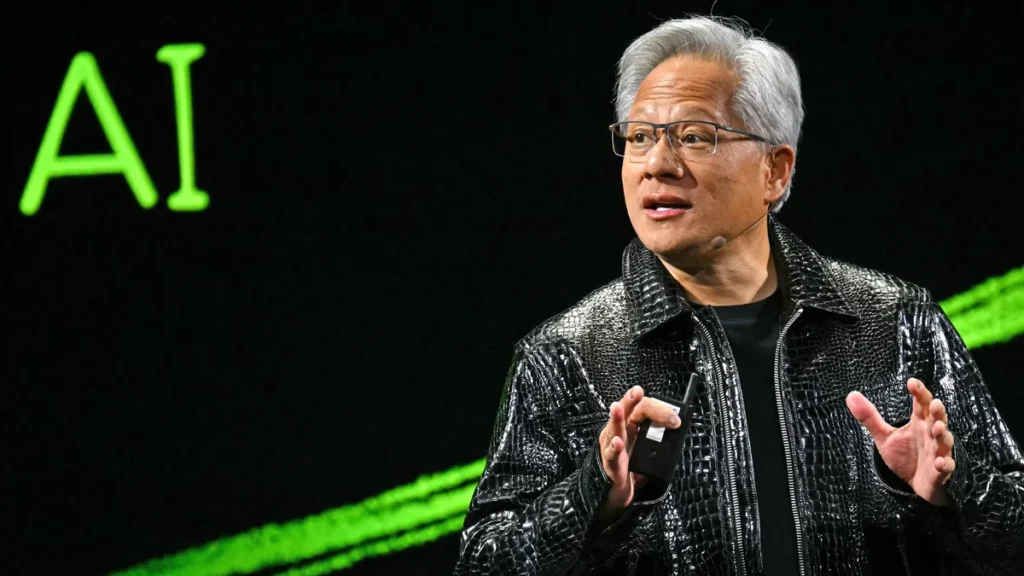
Nvidia CEO Jensen Huang's Comments Shake Quantum Computing Stocks
When Nvidia (NVDA) CEO Jensen Huang speaks, the technology world listens closely—and for good reason. Huang, often referred to as the “AI Godfather,” has established himself as a visionary in artificial intelligence, semiconductors, and computing. However, his recent remarks about quantum computing during Nvidia’s analyst day at CES 2025 have sent ripples through the market, casting doubt on the near-term potential of quantum technologies.
Reality Check of Quantum Computing
Huang’s assertion that “very useful quantum computers” are still 15 to 30 years away may not be groundbreaking in itself, but his status as a tech industry titan amplified the impact. His remarks came at a time when the market had been riding high on optimism fueled by Google’s recent unveiling of the Willow quantum chip. That announcement had sparked a rally among stocks tied to the quantum ecosystem, with investors betting on the long-term promise of quantum breakthroughs.
Huang’s forecast, however, brought a stark reality check:
“If you kind of said 15 years for very useful quantum computers, that would probably be on the early side. If you said 30, it’s probably on the late side. If you picked 20, I think a whole bunch of us would believe it.”
The implication? Quantum computing may eventually revolutionize industries, but it’s not going to deliver commercial viability or substantial revenue streams anytime soon.
Stock Market Reaction to Nvidia CEO Jensen Huang’s Comments
Following Huang’s comments, stocks tied to quantum computing, including quantum hardware manufacturers and software startups, saw a sharp decline. Investors who had been eager to capitalize on the quantum hype recalibrated their expectations.
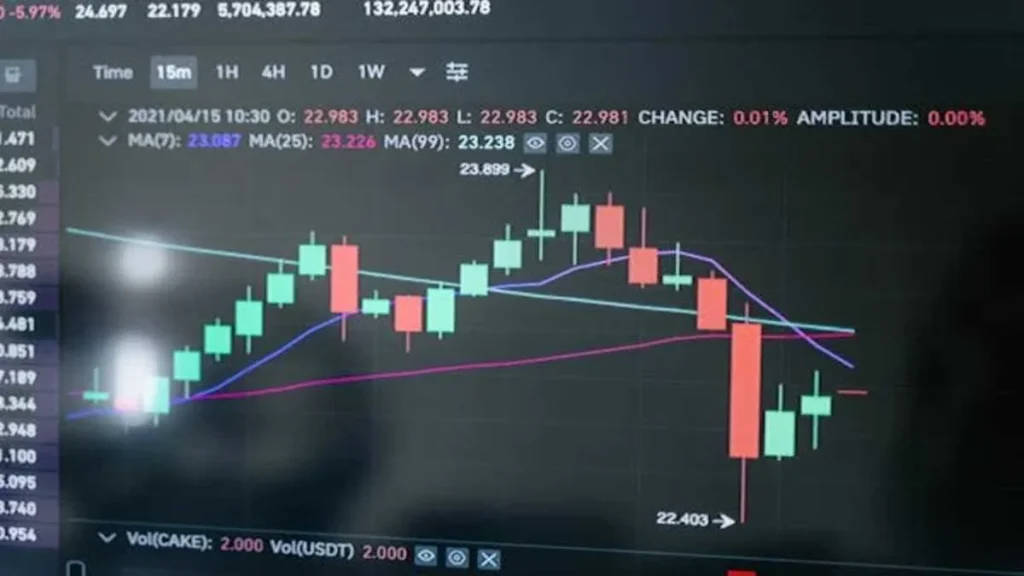
This shift highlights a broader tension in the tech industry: the balance between visionary long-term goals and the short-term pressures of quarterly performance. Huang’s comments underscored the patience required for quantum computing, a stark contrast to Nvidia’s own success in AI, which has delivered tangible results within shorter timeframes.
The Quantum Computing Hype Cycle
Quantum computing has long been heralded as the next frontier in technology, promising breakthroughs in fields like cryptography, drug discovery, and optimization. Companies like IBM, Google, and startups in the space have made significant strides, and announcements like Google’s Willow chip aim to keep the momentum alive.
Yet, the quantum ecosystem is still in its infancy. Many challenges remain, from error correction and stability to scalability and cost-effectiveness. Huang’s remarks served as a reminder that while the potential is vast, the road ahead is long and uncertain.
Nvidia’s Focus on AI and Near-Term Innovation
While Nvidia’s stance on quantum computing may seem conservative, the company continues to dominate the cutting-edge of AI and high-performance computing. Nvidia’s GPUs power many of the world’s leading AI applications, and its strategic focus remains on areas with more immediate payoffs, such as generative AI, autonomous vehicles, and cloud computing.
By tempering expectations for quantum computing, Huang effectively redirected attention to Nvidia’s core strengths and nearer-term opportunities.

Implications for the Tech Industry
Huang’s comments underscore a broader lesson for the tech world: not all breakthroughs can be rushed. As quantum computing stocks recalibrate, the industry may shift its focus back to technologies with more tangible, immediate applications.
However, this does not mean the end of quantum aspirations. Instead, it’s a call for realism. Companies investing in quantum computing will need to balance their long-term vision with the need to deliver near-term results, a delicate dance that Nvidia has managed masterfully in the AI space.
Jensen Huang’s remarks at CES 2025 highlighted the complexity of forecasting disruptive technologies like quantum computing. While the industry remains optimistic about its long-term potential, the road to commercialization will require patience, significant investment, and continued innovation.
For now, Nvidia’s focus remains on the present, where its leadership in AI and computing continues to drive the company—and the broader tech world—forward.
- Nvidia CEO Jensen Huang’s comments have recalibrated expectations for quantum computing, suggesting practical applications are still decades away.
- Stocks tied to the quantum ecosystem fell sharply, reflecting the market’s impatience for innovation with long time horizons.
- Nvidia remains focused on AI and near-term technologies, emphasizing the importance of balancing visionary goals with current opportunities.
